
Community Spotlight - Ali Sarhadi
<>Ali Sarhadi and his research team at GT's Climate Risk and Extreme Dynamics Lab are focused on a phenomenon called hurricane-induced compound flooding — hurricanes fueled by a warming climate.
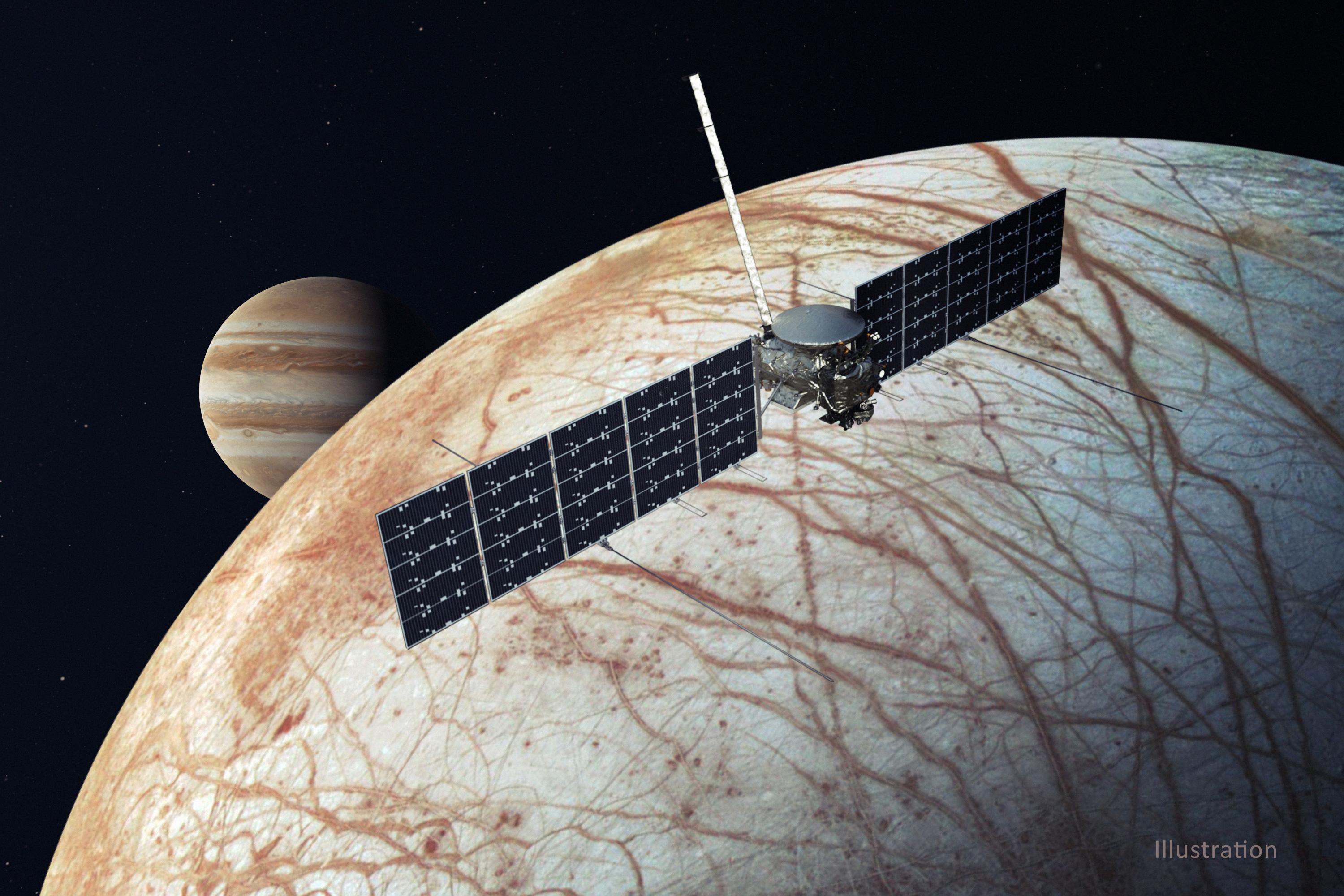 ,
, 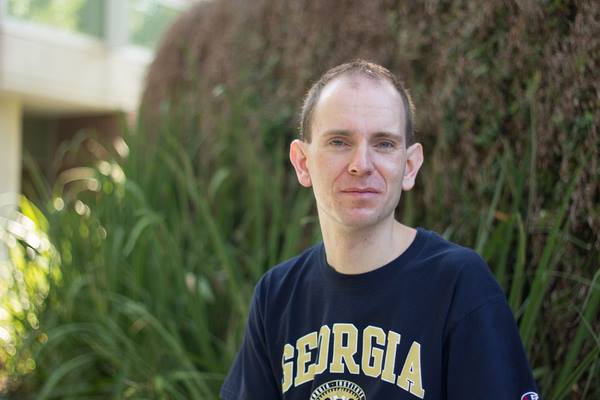
Preparing for Europa: Deciphering Plasma Flows and Magnetic Fields Near Jupiter’s Icy Moon
<>Professor Sven Simon is working to uncover critical information to support the rapid analysis of measurements from NASA's Europa Clipper mission.
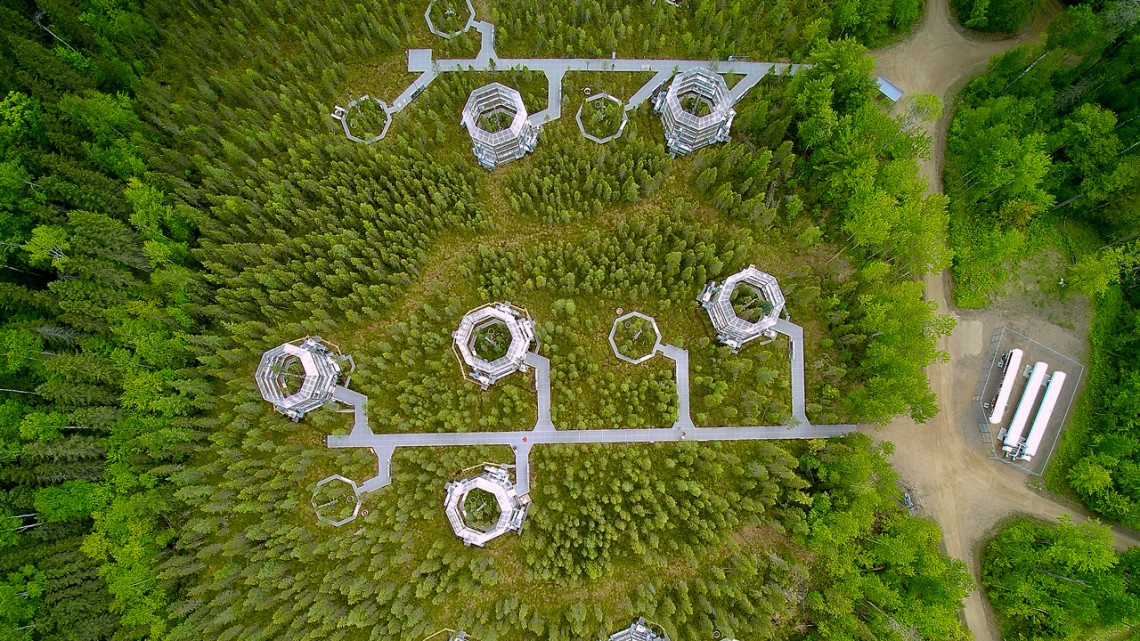
Peatlands’ ‘Huge Reservoir’ of Carbon at Risk of Release
<>Researchers analyzed data from 10, yurt-like test chambers in a natural boreal spruce bog in northern Minnesota.
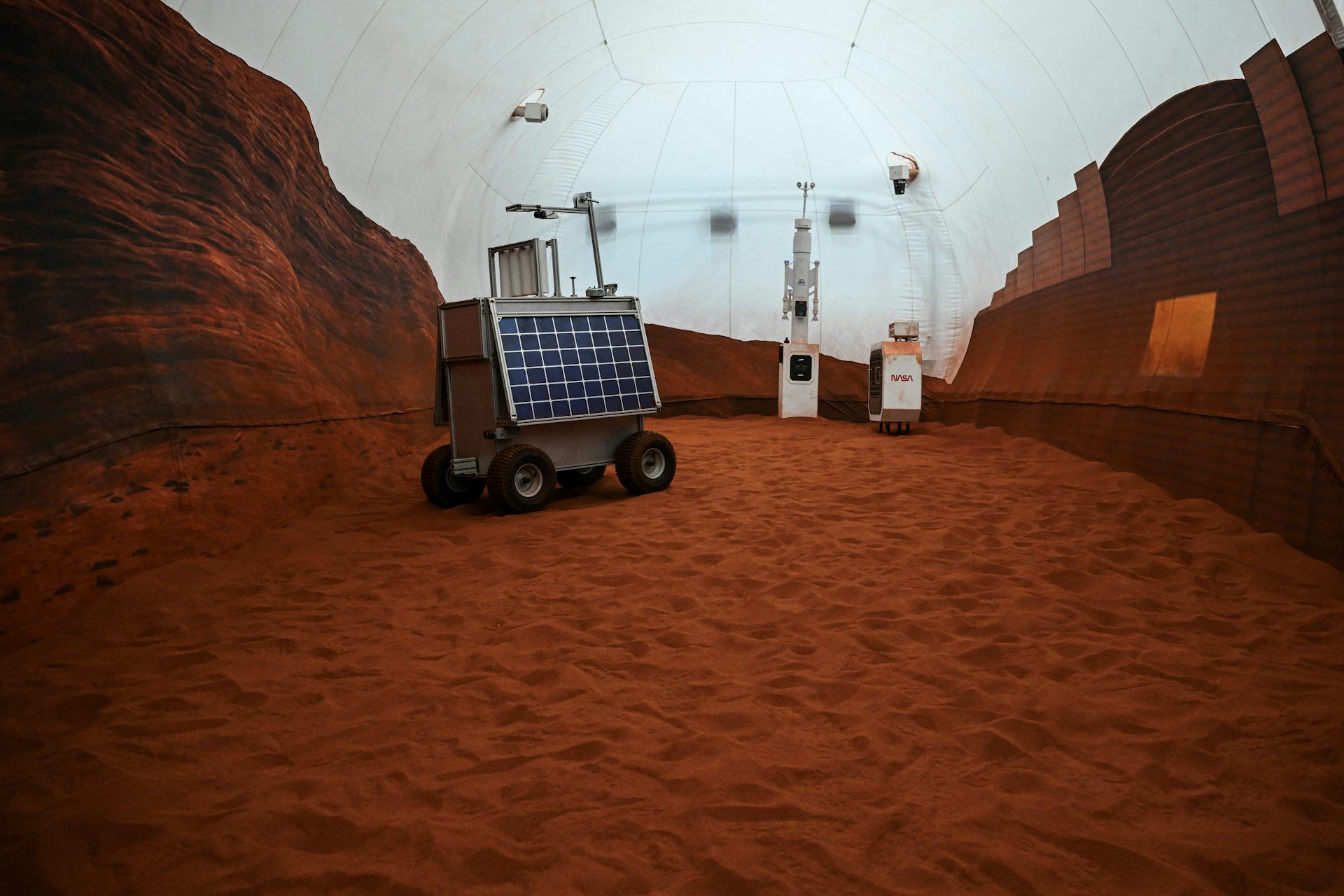
Space Exploration in the Backyard, On a Budget – How NASA Simulates Conditions in Space Without Blasting Off
<>Humanity’s drive to explore has taken us across the solar system, with astronaut boots, various landers and rovers’ wheels exploring the surfaces of several different planetary bodies.
 ,
,  ,
,  ,
, 
EAS Faculty Named to Endowed Positions
<>Congratulations to Isaiah Bolden, Jennifer Glass, Alex Robel, and Yuanzhi Tang on their new endowed faculty professorships.
 ,
, 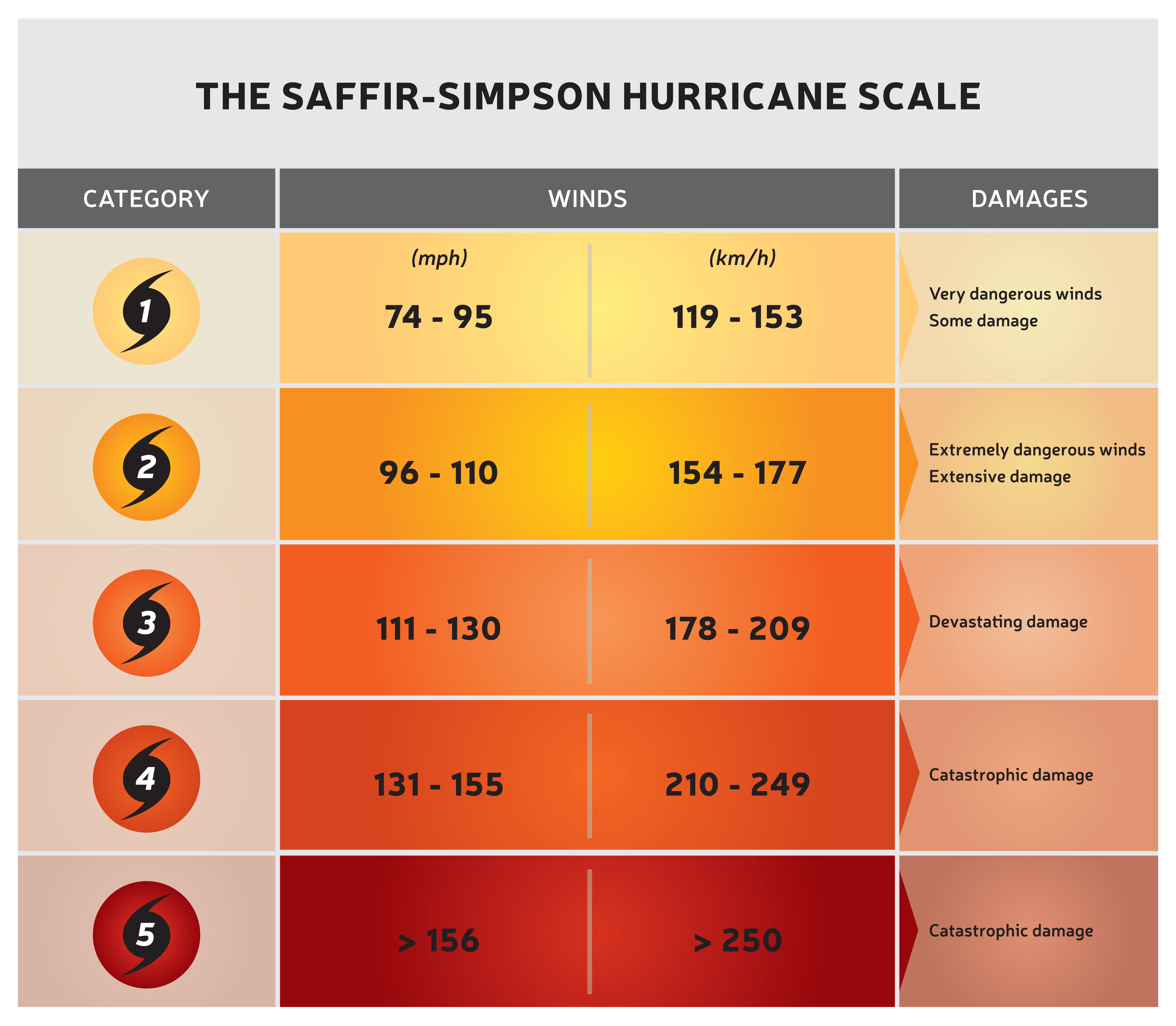
Storms Are Changing — Should the Hurricane Scale Change Too?
<>Georgia Tech expert Zachary Handlos joins a growing conversation about whether the Saffir-Simpson Hurricane Wind Scale adequately reflects the full range of hurricane hazards in a changing climate.

Fixing Flooding for the Southeast’s Future
<>Georgia Tech researchers are developing solutions to monitor and forecast flooding, as well as restore ecosystems to prevent future flooding. These efforts support communities’ resilience in the face of climate change and keep the U.S. secure.
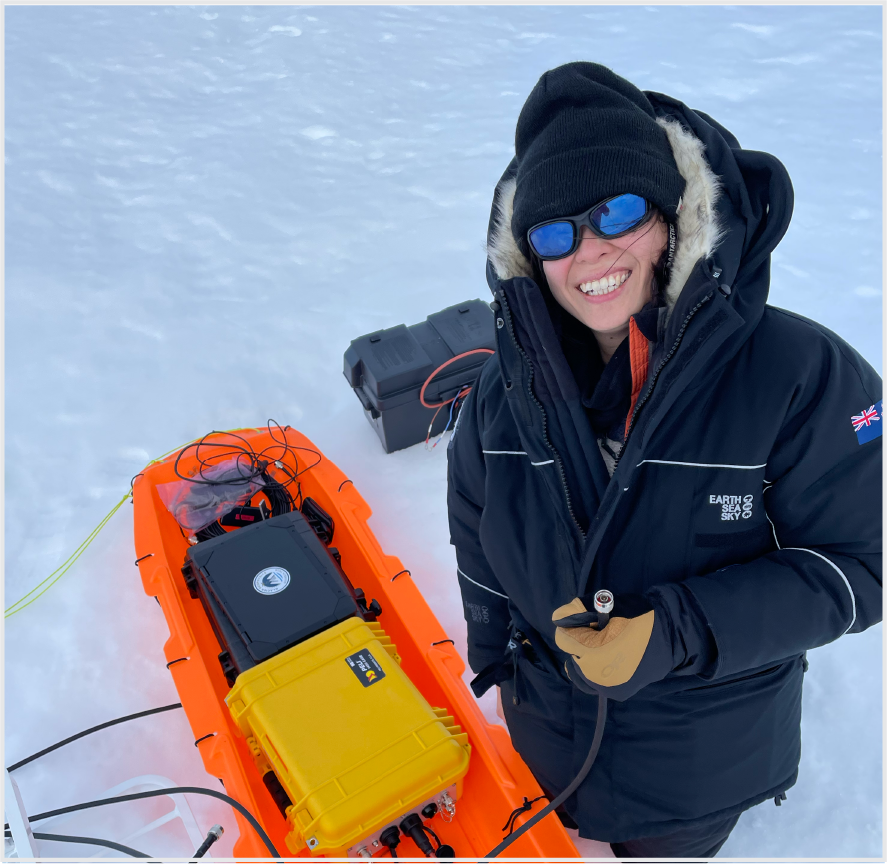 ,
, 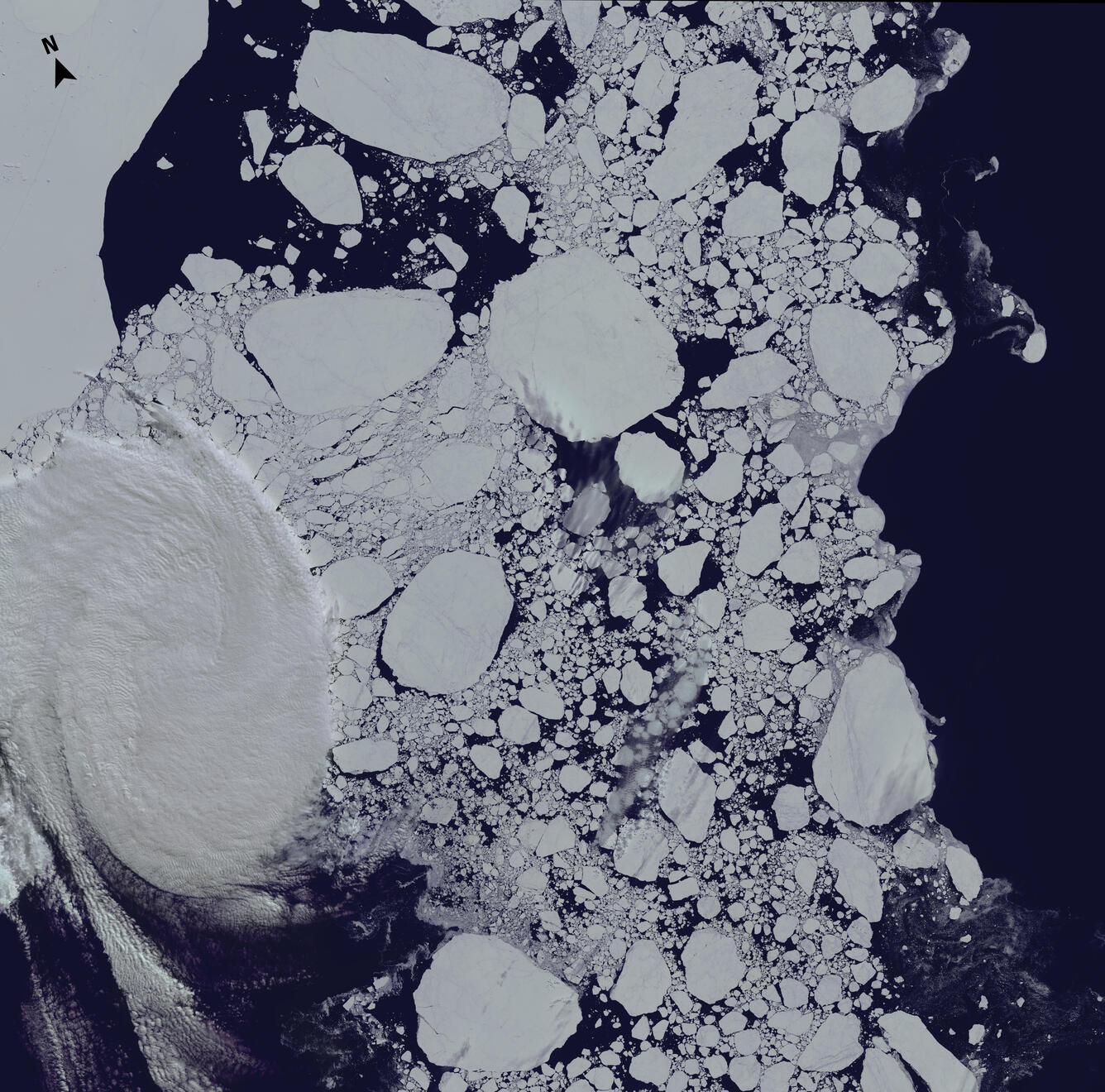
Winnie Chu Awarded NSF CAREER Grant to Create First-Ever Map of Antarctic Ice Sheet Base Temperatures
<>The grant will support Chu as she uses radar data and generative AI to map temperatures beneath the Antarctica ice sheet, aiming to improve climate predictions, support coastal planning, and train future scientists through open-access tools and education.
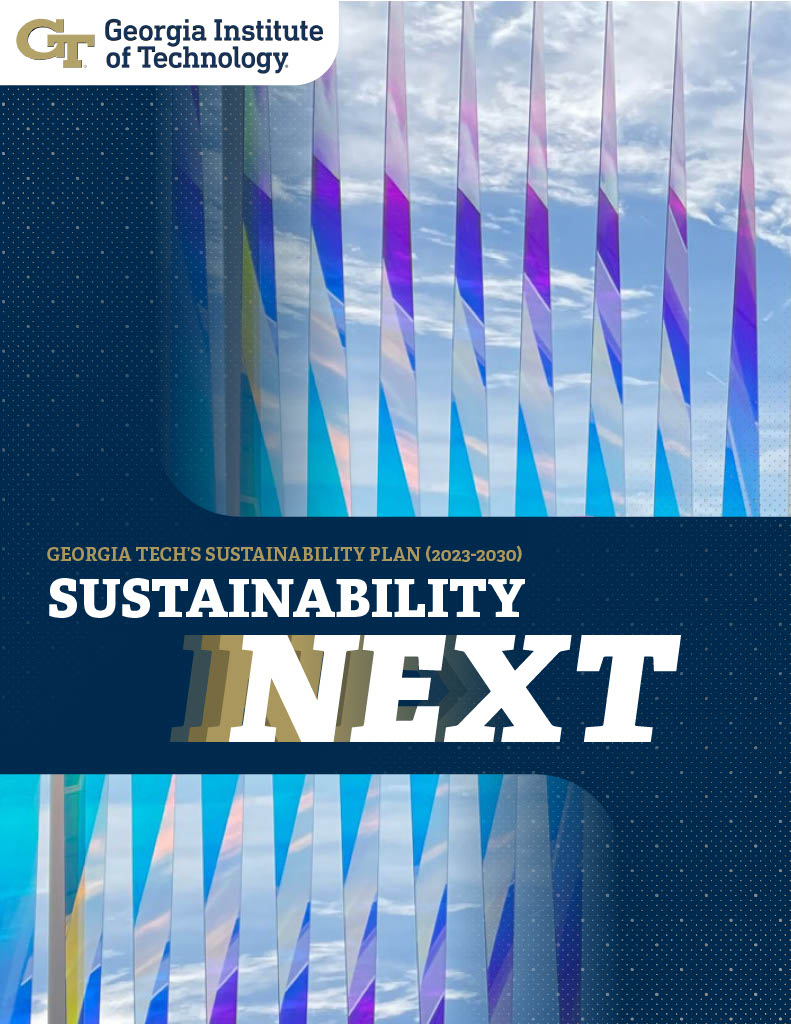
BBISS Announces 2025 Sustainability Next Seed Grant Recipients
<>The seed grant program reaches many faculty members from a diverse array of disciplines due to the generous support provided by broad-based partnerships in addition to the Sustainability Next funds.
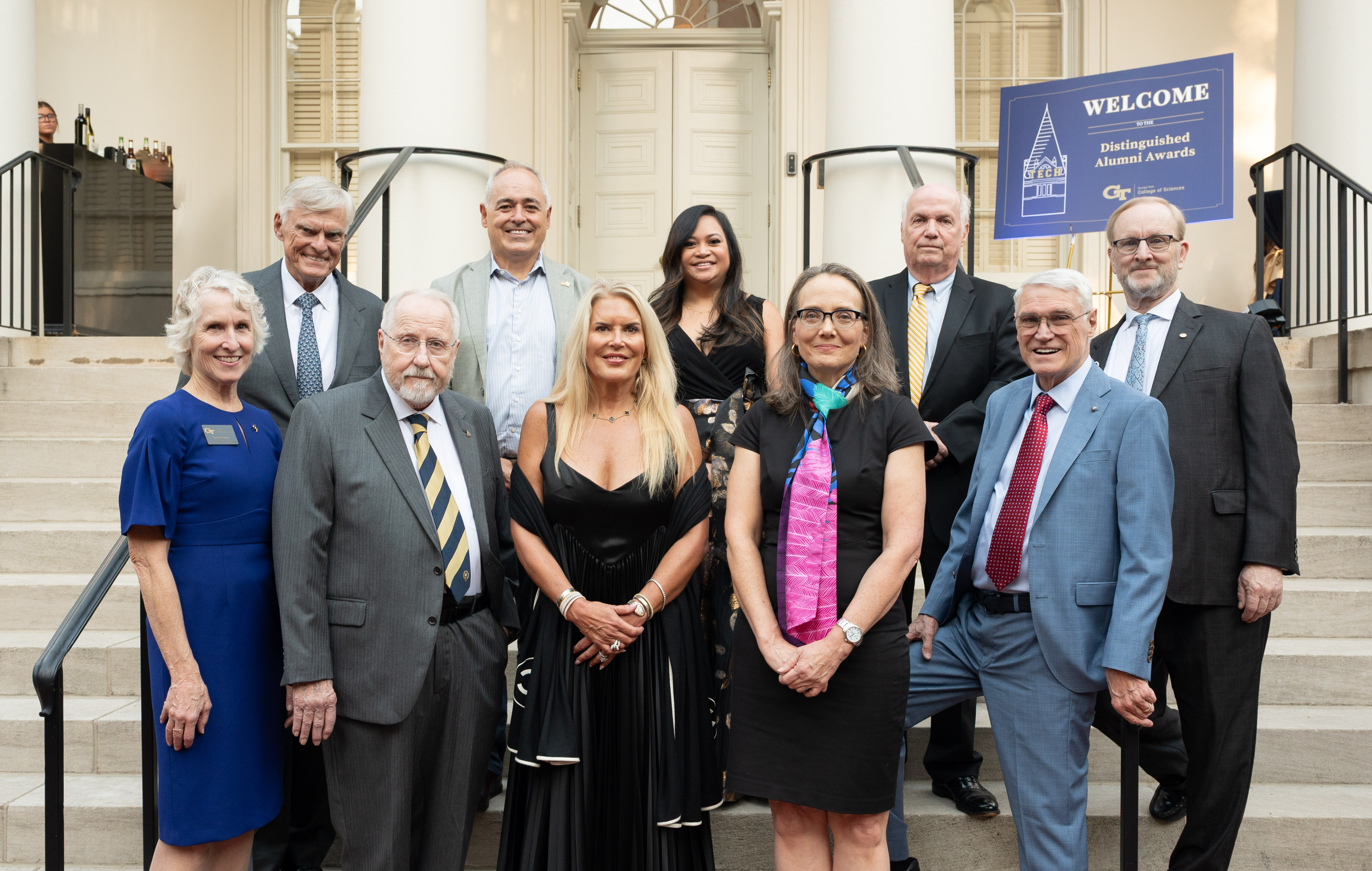 ,
,  ,
, 
Progress and Service in Action: Honoring College of Sciences’ Distinguished Alumni
<>The College of Sciences’ community came together to celebrate the inaugural Distinguished Alumni Awards, recognizing the diverse achievements and inspiring journeys of eight alumni.
Pagination
- 1 Page 1
- Next page